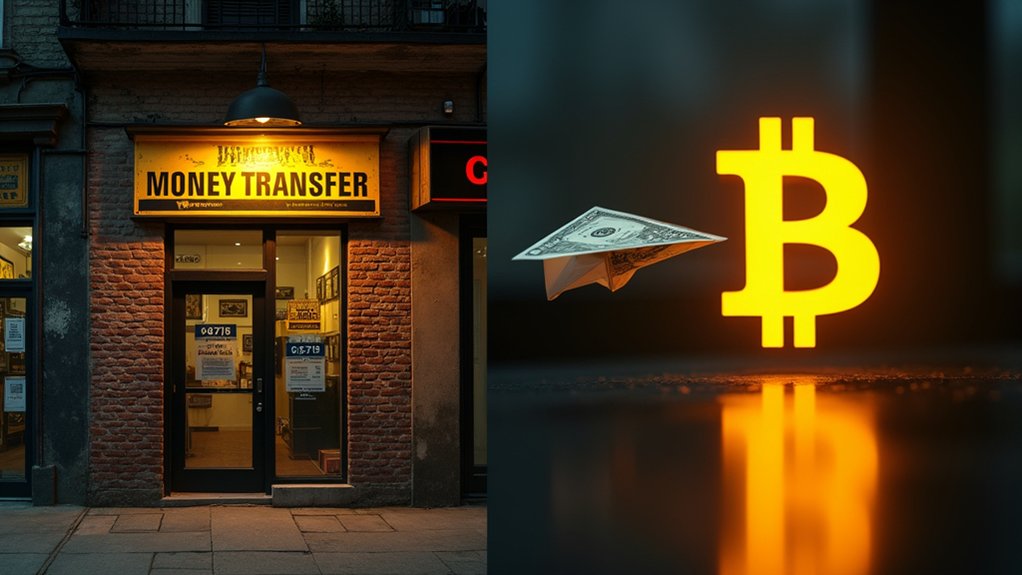While South Korea’s crypto scene has been dominated by retail traders for years, the country is about to flip the script entirely. With nearly 30% of the population dabbling in digital assets, South Korea’s crypto landscape is set for a major overhaul that would make even the most stoic banker raise an eyebrow.
South Korea’s crypto revolution is turning heads, as its retail-heavy market prepares for a dramatic institutional makeover.
The Financial Services Commission isn’t messing around. They’re rolling out a carefully orchestrated plan to let the suits into the crypto playground – corporate entities, professional investors, and yes, even charities will soon be able to trade digital assets. It’s like opening the VIP section of a club that was previously packed with regular folks taking selfies. The recent establishment of a permanent crypto taskforce signals the government’s commitment to maintaining order in this evolving landscape. The regulator’s recent action to have Google block access to unregistered exchanges demonstrates their serious stance on compliance.
South Korea’s 15.6 million crypto traders are about to get some heavyweight company. By late 2025, institutional investors will be permitted to join the party, bringing their deep pockets and presumably more measured approach to trading. Because let’s face it, nothing says “market stability” quite like having pension funds in the mix. With security being paramount, many investors are turning to hardware wallets for their significant holdings, following global best practices for crypto storage.
The government isn’t just throwing open the doors, though. They’re installing some serious security measures first. New anti-money laundering regulations are being polished up to attract international investors while keeping the sketchy ones out. Every user will need a real-name bank account – no more hiding behind clever usernames like “CryptoKing2025.”
The Virtual Asset User Protection Act, set to kick in by June 2025, isn’t just another boring piece of legislation. It’s the bouncer at the door, making sure everyone plays nice. And with new crackdowns on unlicensed platforms, the wild west days of crypto trading are numbered.
For a country that emerged from some political drama into what they’re calling “crackdown season,” South Korea isn’t just cleaning house – they’re rebuilding it from the ground up. The goal? To transform their crypto market from a retail trader’s playground into a sophisticated financial powerhouse that plays well with global standards. It’s quite the makeover story, really.





